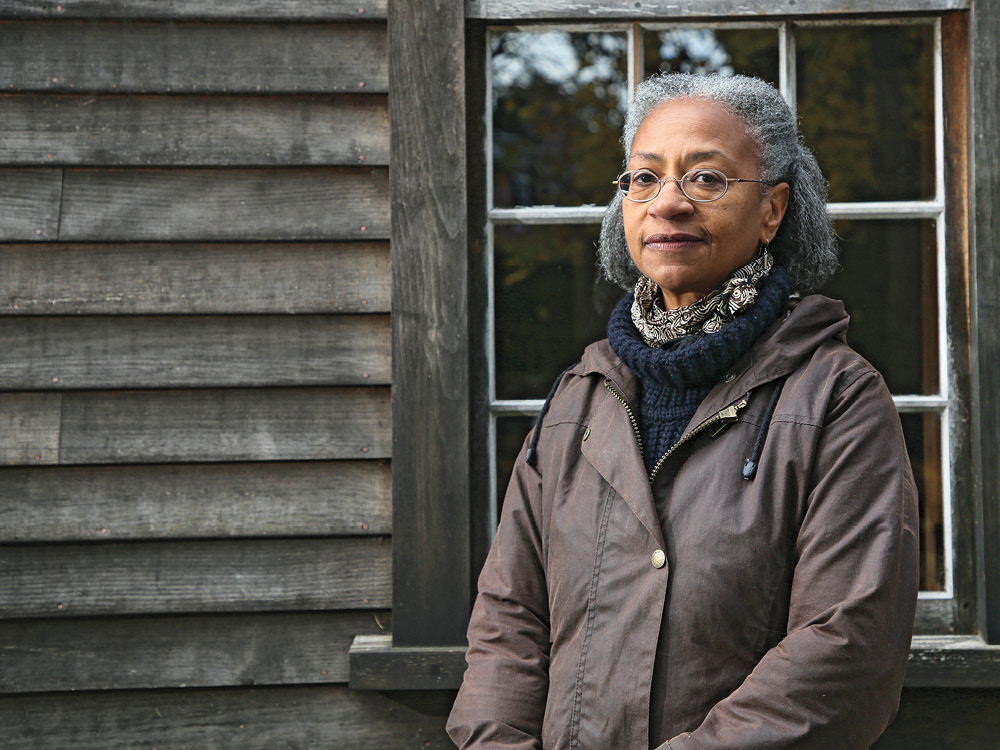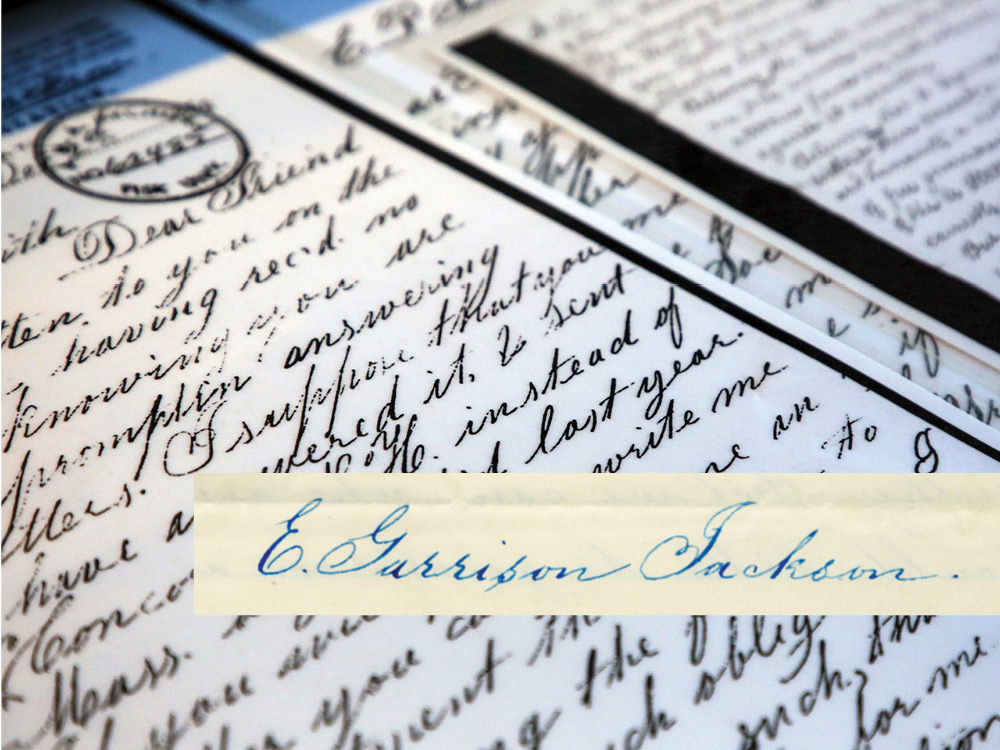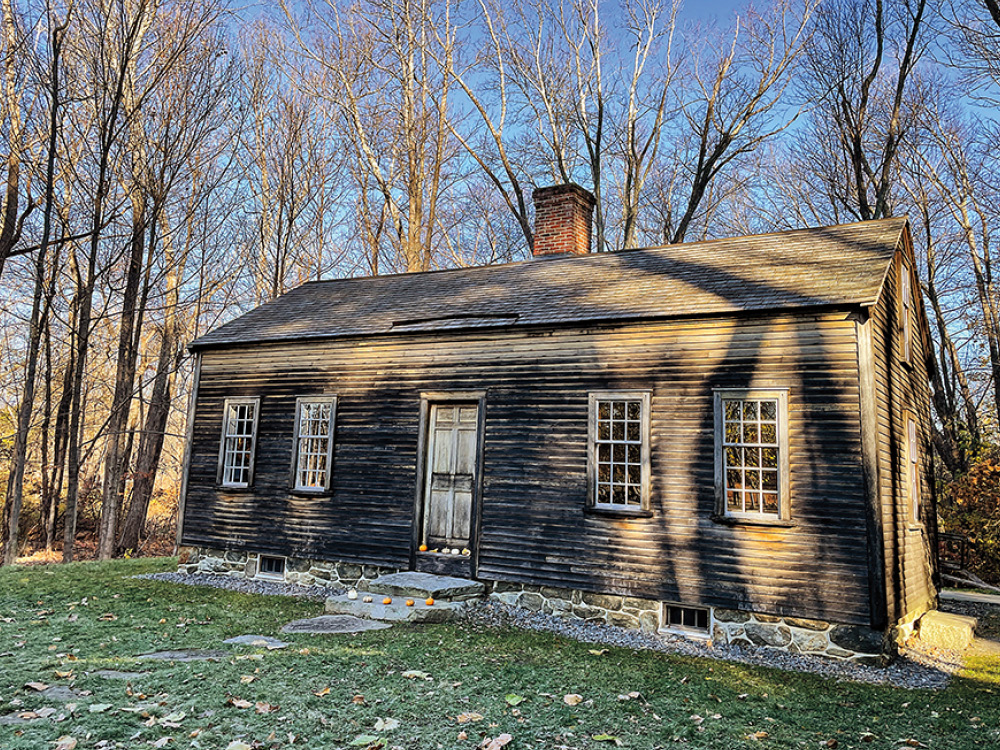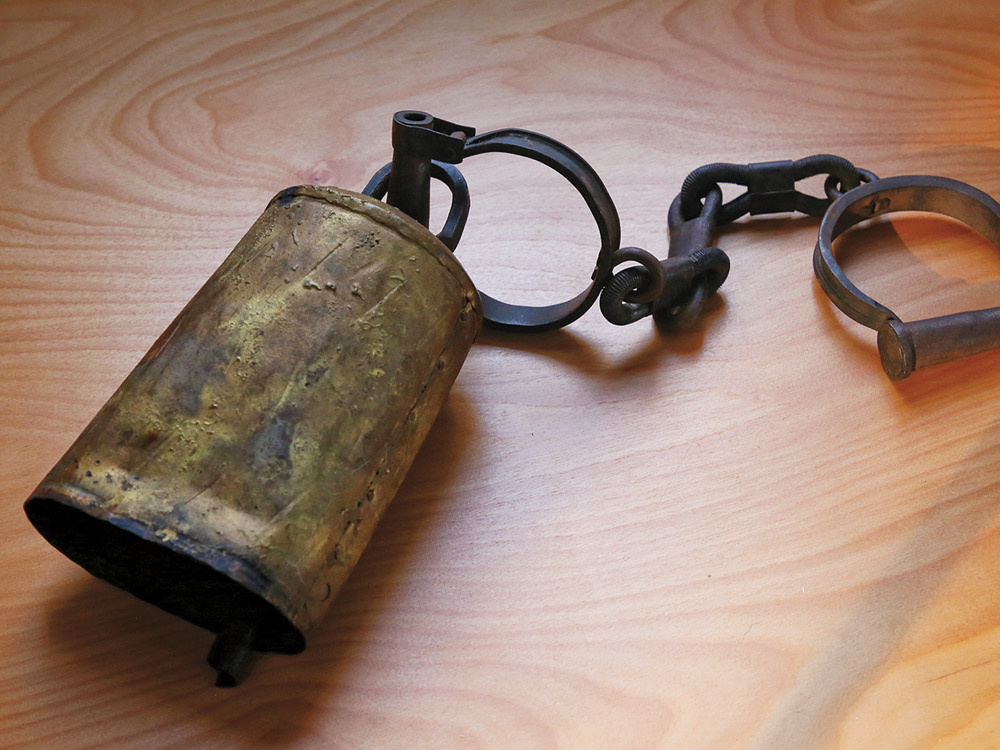Photos by Mike Lovett
Associate Dean Maria Madison, director of the Institute for Economic and Racial Equity, is also the founder and co-president of The Robbins House, a nonprofit focused on raising awareness of Concord’s African, African American, and antislavery history from the 17th through 19th centuries and its national relevance. The Robbins House was once inhabited by the descendants of formerly enslaved Revolutionary War veteran Caesar Robbins and by “fugitive” enslaved man Jack Garrison.
Madison is trained in ethical interpretation of American history, including the centrality of Black history, through the Smithsonian’s National Museum of African American History and Culture. Too often, she says, historic sites and museums omit the Black history of the U.S. “Concord’s Black history is America’s history,” says Madison, noting that Concord was the location of the first successful battle against British forces.
Madison’s work at Heller overlaps with her work at The Robbins House in restorative justice practice and identifying the root causes of racial inequity. Along with Peter Dixon, a research scientist in the Master’s in Conflict Resolution and Coexistence Program, and Chris Reynolds, MA COEX’21, Madison and The Robbins House staff have been working to research a historic bell from a slaveholding sugar plantation in Cuba. The bell will be installed as part of a new reflection area at The Robbins House in spring 2022.




